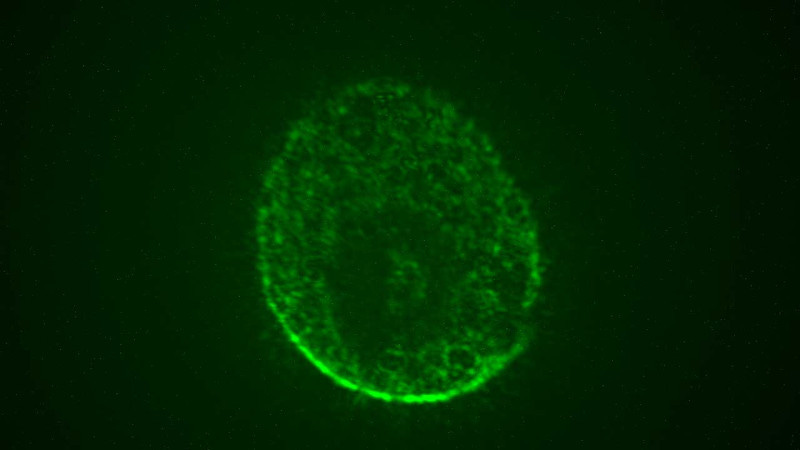New Neurological Treatment Tested in Microgravity
Startup Company Leverages ISS to Test Brain Organoids
It's not well known that some viruses don’t cause illness and can instead be used to treat disease? Biotechnology startup Axonis Therapeutics reprogrammed a virus to carry a novel gene therapy to neurons to treat neurological conditions like Alzheimer’s, Parkinson’s, and spinal cord injury.
“Doing research in space …




